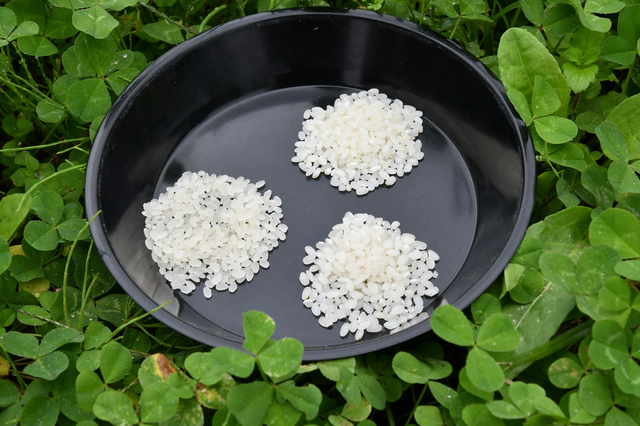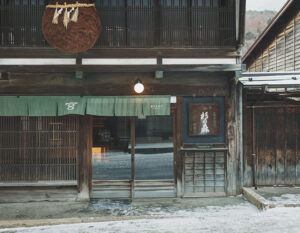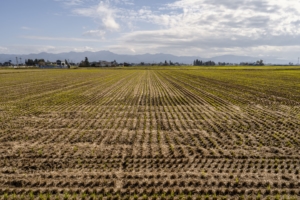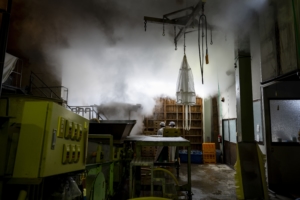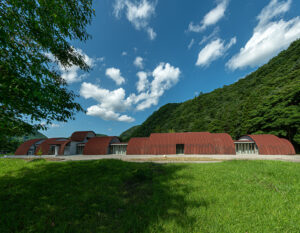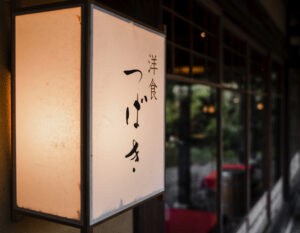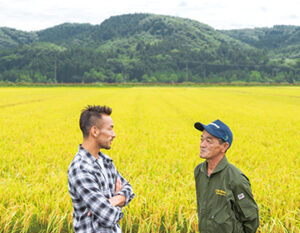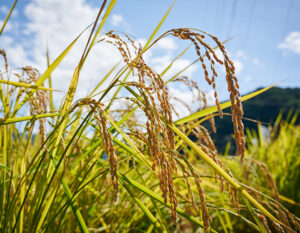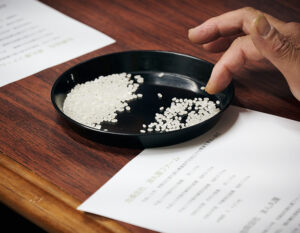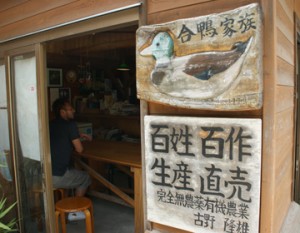Mamma Farms Rice
The earth is warming, and Japan is no exception: during the first 100 years of the 20th century, the average temperature in Japan increased by about 1°C. In Tokyo, the average temperature rose by about 3°C during the same period due to the heat island effect, and the trend has not changed since the 21st century. In Tokyo, the heat island effect has caused the average temperature to rise by about 3°C over the same period, a trend that has not changed since the 21st century. As a result, it is said that areas suitable for rice cultivation have shifted from lowland areas known as rice-producing regions, such as the Shonai Plain in Yamagata Prefecture and the Ishikari Plain in Hokkaido, to inland high-cool regions such as the Hida region in Gifu Prefecture, northern Nagano Prefecture, Gunma Prefecture, and Minami Uonuma in Niigata Prefecture.
Some people ask, “Is it still possible to grow rice in the high mountains? Some people say, “Can you still grow rice in the high mountains? But I have a feeling that it is becoming popular among rice lovers,” says Tatsuki Kobayashi, a rice farmer in Gifu Prefecture, near the Alps. Kobayashi is the owner of ” Mamma Farm, ” a small village in Takayama City, Gifu Prefecture, near the Alps, that continues to win top prizes in national rice competitions year after year. Originally a fattening cattle farmer, he switched to rice farming with his friends because it seemed like a better way to communicate with end users. The specially cultivated rice “Inochi no Ichi” produced by Mr. Kobayashi and his colleagues is moderately chewy and sticky, and has a surprisingly rich sweetness, which is evident even after the rice has cooled. Some people say that one bite of the rice “overturned their concept of rice. Yukimanma,” another hot rice variety from Mamma Farms, has a cloudy white color like glutinous rice when milled, and is gaining popularity because it is more sticky than ordinary Uruchi rice and does not lose its taste even when cooled. Even when eaten unpolished, the rice has a strong sweet taste and chewy texture, and has won awards at competitions.
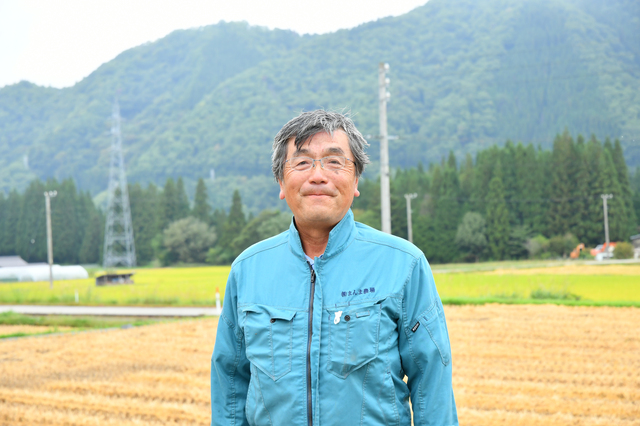
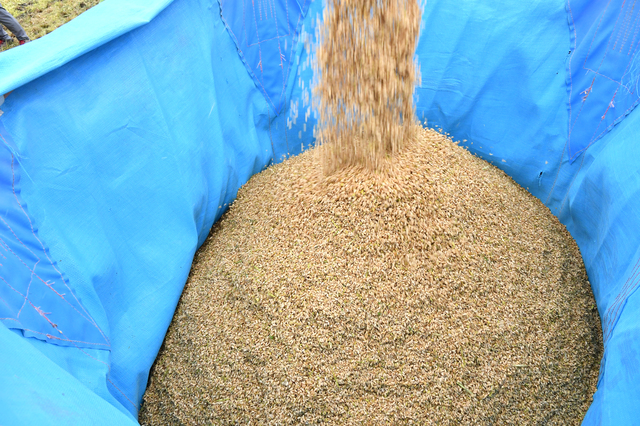
Why Rice Cultivation Succeeded in Hida Takayama
But why did Mr. Kobayashi, who has little experience as a rice farmer, succeed in Hida Takayama, which is not well known as a rice production center? One reason is that Mr. Kobayashi and his group of farmers started rice farming using only organic fertilizers and minimal use of pesticides in order to protect the village, which had been cultivated by their predecessors and nurtured into soil suitable for rice cultivation. That they naturally gathered together a group of like-minded people who wanted to protect the insects and the natural environment and produce safe and secure crops. In addition, the environment was cool at night even in summer, which allowed the rice to breathe well and not consume excessive amounts of starch, which facilitated the slow and concentrated flavor of the rice. The clean soil, moderate hours of sunlight, and mineral-rich snow-melt water flowing from the Northern Alps are all factors that add up to produce delicious rice. In 2013, Mr. Kobayashi launched the ” Hida Takayama Delicious Rice Project ” in order to share the know-how of rice cultivation and pass it on to the next generation. Together with other volunteers, he aims to realize sustainable agriculture that continues to produce high value-added, safe, and secure rice, and to train future generations.
The name “Mamma Farm” is said to reflect the wish that “the rice is just as it is in nature, just as it is in life. Mr. Kobayashi hopes to continue to convey the importance of taking life, which the Japanese people have long cherished, through the act of eating rice. In today’s society, where trends change quickly, and smartphones are flooded with a vast amount of information, it is difficult to focus on one thing at a time, making it especially difficult to remain steadfast in what one is doing. Mr. Kobayashi is a Hida native who believes in working diligently and honestly, and he is dedicated to rice farming. Just like the many artisans who support Japan’s rice cultivation, the back of a person who can love nature in a natural way is a very big person.
